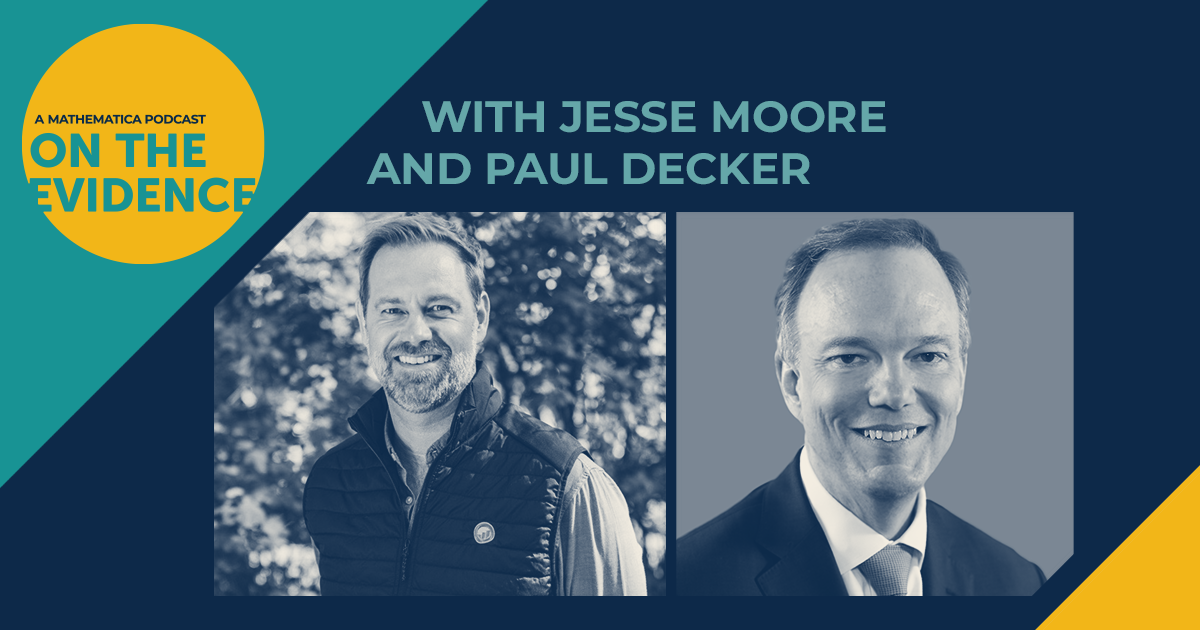On 5 October 2018, the much anticipated merger deal was completed and the Economic Development Initiatives (EDI) Limited officially became part of Mathematica as independent subsidiaries. As we prepared for a new journey, I couldn’t help but get excited about the possible opportunities that this partnership would bring. It also made me reflect on my time with EDI. The company has come a long way and I’m glad I’ve been part of it for so long.
I started working for EDI in 2011 after completing an internship program and became part of the Surveybe development and research team. When I first joined the company, Surveybe was still in its infancy and I remember at that time there were only 6 employees working in the UK office. We had a close corporate relationship with EDI Limited Tanzania, which was established by our founders in 2002 with around 40 employees. By 2018, the EDI Group of companies had become highly respected as a research-focused organisation. The company has always been well-known for the importance it places on data quality and rigorous research techniques and our highly skilled research experts have been involved in numerous research projects across the world. Likewise, as a research tool, Surveybe became a success with survey managers and interviewers alike for its ease of use and improvement of data quality and has been deployed in more than 55 countries.
Over the years, the success of EDI has allowed me to witness and play a part in its continued growth. I believe the alliance with Mathematica is the next step forward for EDI as we connect to a new network of research experts and broaden the scope of what we do. This will not only be a great opportunity for EDI to accelerate its growth but will be of significant value for its employees and clients as well. For me, becoming part of an equally well-respected organisation with 1200+ employees implies additional guidance, direction, and support. Working together means both parties can share knowledge and skills which will in essence encourage employee development and help us provide an even better service to our clients across the globe. We can learn from each other’s past experience and work together on new research projects in order to drive improvements in the work that we undertake. Similarly, where necessary, business processes can be aligned and made more efficient as we learn new ways of doing things.
I can also imagine that there will be more opportunities for EDI to explore new research areas and for staff to get involved in new engagements as we collaborate with Mathematica on new projects. Likewise, our pace of innovation in regards to Surveybe may accelerate. Additional valuable feedback from our partner can steer future software development plans in the right direction and can help us further differentiate ourselves in the market. The desire to provide a research tool and a high quality support that meets the needs of our users is our driving force. Therefore, feedback from these experts will help us readily meet future demands of a research industry where the use of computer assisted personal interviewing is increasing day by day.
It feels equally great to find that Mathematica’s culture is very much aligned with ours and that we share a common goal focused on delivering quality. In the end, everyone at EDI and Mathematica is working toward the same desired result, which is to provide quality data that drives better decisions and improves public well-being. Having a team-based culture where employee participation is encouraged on different levels and working in a positive and supportive environment has made all the difference to me at EDI. The EDI UK team has already had the opportunity to meet and engage with Mathematica CEO Paul Decker, Senior Vice President and Managing Director of the International Unit Anu Rangarajan, and Vice President and General Counsel Tamara Barnes, over meetings, working lunches as well as social events. It’s great to know that the same relationship and culture will continue with the organisation at large.
To summarise my views, I think this new relationship will prove to be a positive one for everyone who is involved as EDI and Mathematica have complementary strengths. The positives outweigh inevitable nervousness of a new journey. This is an exciting opportunity, as it’s clear that both organisations care about individual and collective growth. The new collaboration will enable us to continue to offer high quality, innovative services and make an even more positive impact on the work that we undertake. The solid foundation already laid by EDI and Mathematica has paved the way for a new era.
Artee Gungah is EDI’s commercial coordinator and has been with the company since 2011.


